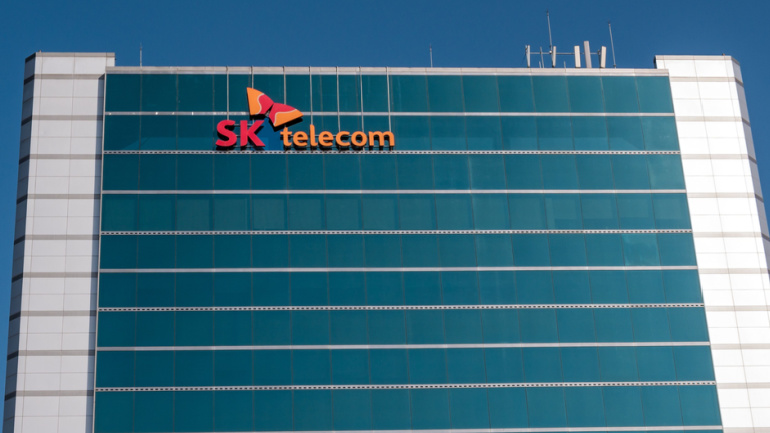South Korea’s Ministry of Science and ICT recently withdrew SK Telecom‘s license to operate 5G services in the 28 GHz band due to the telco’s failure to meet its rollout requirements. The operator’s major rivals, KT Corp and LG U+, faced a similar fate last year, and SK Telecom was given a warning. However, after six months, the operator has failed to make significant progress on its rollout, resulting in its license being revoked.
Choi Woo-hyuk, director of radio wave policy at the Ministry of Science and ICT, expressed his regret over the situation, saying, “It is regrettable that this result has finally come about despite the government’s active efforts so far.”
In 2018, South Korea’s three major mobile operators—SK Telecom, KT Corp, and LG U+—acquired 800 MHz of 28 GHz spectrum, along with 3.5 GHz frequencies for 5G services. The government required the companies to deploy 15,000 base stations using 28 GHz within three years. However, a Ministry investigation last year found that the number of sites built by the telcos was significantly below the target, leading to the license revocations of the worst-performing offenders, including KT and LG U+.
Following an evaluation, it was found that SK Telecom had only built 1,650 sites utilizing 28 GHz technology as of 4 May, with no plans to build more before the end of May. Consequently, the Ministry deemed the operator had failed to meet its license requirements and will hold a hearing to discuss the issue.
South Korea currently has no plans in place regarding the revoked licenses. Choi Woo-hyuk briefly mentioned the government’s intent to improve the situation, stating, “We will make efforts so that the people can enjoy a higher level of 5G service by vitalizing competition in the telecommunications market.” Previously, the government had been considering reallocating the licenses and offering financial incentives to attract new 28 GHz operators. However, no such measures have been announced as of now.
This leaves South Korea without high-band spectrum use for 5G services, while other countries like the US and Japan push the mmWave ecosystem forward. It is anticipated that the government will take steps to revive the 28 GHz band and ensure better 5G services for its residents in the coming future.







